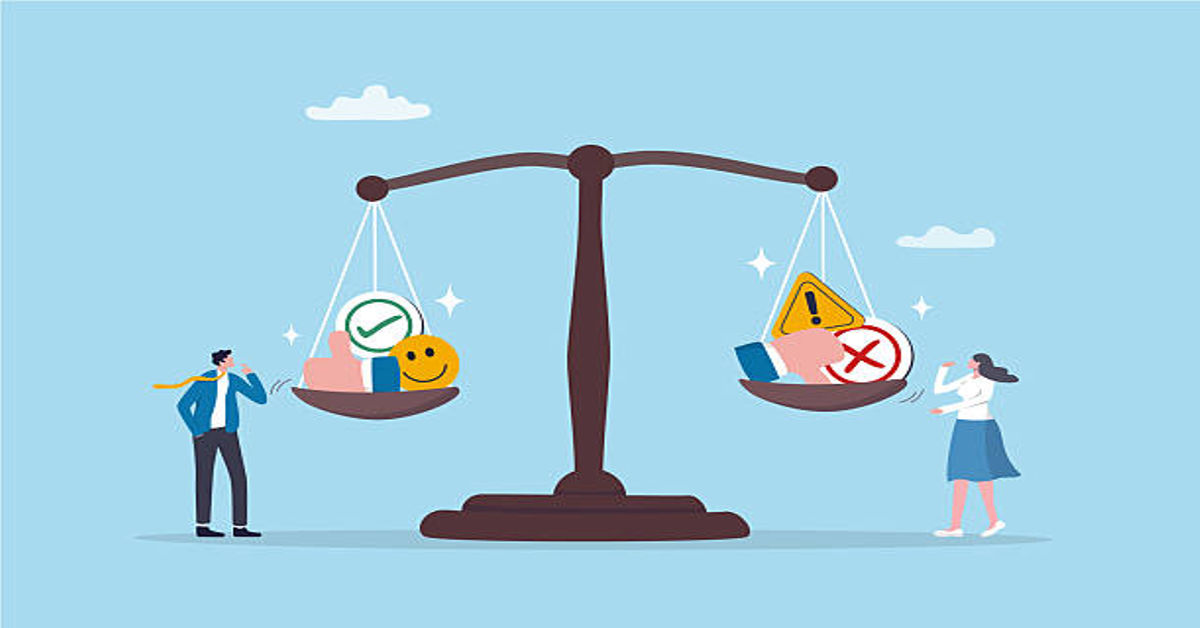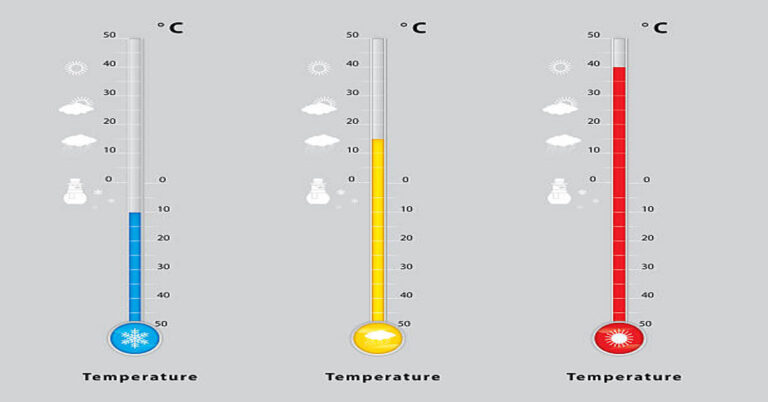
Debates are far more than intellectual duels or contests of eloquence—they are structured engagements where ideas, logic, emotion, and strategy collide. Asking “Who won the debate?” is not merely about who spoke more passionately or who sounded more confident. It’s a complex evaluation involving persuasion, structure, evidence, rebuttal, delivery, and adherence to formal rules.
This article explores in detail how winners are decided in debates across academic, political, and public settings. You’ll discover how judging systems work, what debate formats require, how logic and rhetoric interact, and why sometimes the “winner” in public opinion differs from the official winner on the score sheet.
1. The True Meaning of “Winning” a Debate
To understand who won a debate, one must first define what winning means in a debate context. Unlike sports, where the scoreboard tells you immediately, debating involves subjective and objective elements. Winning could mean:
- Adjudication victory: A formal win based on judges’ scores.
- Public opinion victory: The audience believes one side was more persuasive.
- Moral or philosophical victory: One debater upheld stronger ethical principles or reasoning.
The perception of victory depends on context and purpose. In competitive debating (like British Parliamentary or Policy Debate), victory is judged systematically. In public or political debates, audience perception, media coverage, and emotional appeal often dominate.
2. The Core Criteria Judges Use to Decide Debate Winners
Every debate format has its scoring system, but most rely on four foundational criteria: content, organization, delivery, and refutation.
| Criterion | Description | Weight in Score |
|---|---|---|
| Content | Strength of arguments, evidence, logic, and factual accuracy. | 35–40% |
| Organization | Structure, clarity, and flow of reasoning. | 20–25% |
| Delivery | Tone, confidence, body language, vocal control, and engagement. | 20–25% |
| Refutation | Ability to counter opposing arguments effectively and logically. | 15–20% |
Let’s break these down in more detail:
2.1 Content
The foundation of a debate’s persuasiveness lies in the content. Judges look for clarity of thesis, coherence of reasoning, and credibility of evidence. Debaters must demonstrate understanding, analysis, and depth rather than merely repeating facts.
2.2 Organization
Even the best argument can fall flat without structure. A debater’s ideas must flow logically from introduction to conclusion, linking every point to the central motion or resolution.
2.3 Delivery
Winning isn’t just about what you say but how you say it. Eye contact, pacing, emphasis, and confidence signal mastery. Nervous energy or disorganization can weaken even the strongest arguments.
2.4 Refutation
This is where debates are truly won or lost. A strong refutation dismantles the opponent’s claims systematically—point by point—while maintaining composure and respect.
3. Major Debate Formats and How Winners Are Decided
Different formats emphasize different skills. Understanding them helps clarify how judges determine winners.
| Format | Structure | Number of Teams | Focus Area | Decision Basis |
|---|---|---|---|---|
| British Parliamentary (BP) | 4 teams (2 gov, 2 opp) | 8 speakers | Logic, strategy, comparative argument | Judge rankings based on team impact |
| Lincoln-Douglas | 1 vs. 1 | 2 speakers | Moral and philosophical reasoning | Clarity and ethical grounding |
| Policy Debate | 2 vs. 2 | 4 speakers | Evidence-heavy and technical | Factual accuracy and policy analysis |
| Public Forum | 2 vs. 2 | 4 speakers | Public appeal and real-world logic | Balanced persuasion and communication |
| Political/Public Debate | Often 1 vs. 1 | Variable | Rhetoric and charisma | Audience and media perception |
Each structure demands unique skills, so “winning” looks different in each context. For example, in Policy Debate, victory often goes to the team that proves feasibility through statistics and data. In British Parliamentary Debate, strategy and comparative strength of arguments carry the day.
4. How Judges Evaluate Each Speech
Judging isn’t random—it’s methodical. Here’s what a typical adjudicator looks for during each segment:
| Speech Type | Evaluation Focus |
|---|---|
| Opening Speech | Definition of motion, framing, clarity of stance. |
| Constructive Speech | Development of main points and logical progression. |
| Rebuttal Speech | Counterarguments, refutation, and synthesis of ideas. |
| Summary/Closing | Impact analysis and reinforcement of key takeaways. |
A skilled debater uses their closing speech not just to summarize but to reframe the narrative—positioning their side as the one that truly addressed the motion comprehensively.
5. Logic and Evidence: The Backbone of Debate Victory
Logic determines structure; evidence provides strength. Together, they form the backbone of persuasive speech.
5.1 Types of Logic Used in Debates
- Deductive reasoning: Starting from a general principle and applying it to specifics.
- Inductive reasoning: Drawing broad conclusions from examples or data.
- Analogical reasoning: Using comparisons to strengthen an argument.
- Causal reasoning: Demonstrating cause-and-effect relationships.
5.2 The Role of Evidence
Evidence transforms claims into credible arguments. Strong evidence includes statistics, expert testimony, case studies, and historical precedents. Weak evidence, such as anecdotal claims or emotional appeals, risks credibility loss.
6. Emotional Intelligence and Audience Engagement
While logic wins the judge’s mind, emotion wins the audience’s heart. A skilled debater balances logos (logic) with pathos (emotion) and ethos (credibility).
6.1 Emotional Appeal
Emotional control and sincerity can evoke empathy and reinforce points. However, overreliance on emotion may appear manipulative or distract from logic.
6.2 Building Credibility
A confident posture, clear articulation, and respect for opponents enhance ethos. Audiences and judges are more likely to trust speakers who demonstrate integrity and humility alongside intellect.
7. The Psychology Behind Debate Success
Debate success isn’t purely rational—it’s psychological. Cognitive biases, perception, and charisma shape how messages are received.
| Psychological Factor | Effect on Audience or Judges |
|---|---|
| Confirmation bias | Listeners favor arguments aligning with prior beliefs. |
| Primacy effect | The first impression influences judgment heavily. |
| Recency effect | The last argument often lingers longer in memory. |
| Authority bias | Confident delivery gives perceived credibility. |
Winning debaters understand these biases and design speeches to leverage them strategically—starting and ending powerfully while maintaining confident control throughout.
8. Strategy and Framing in Determining Victory
Strategy differentiates good debaters from great ones. Strategic framing decides whether your side defines the battlefield.
- Framing the motion: Define terms in your favor early on.
- Weighing mechanisms: Set standards (like fairness or practicality) by which the judge should evaluate the debate.
- Impact comparison: Show why your side’s impacts matter more—socially, economically, or morally.
The best debaters don’t just argue—they control the narrative. They subtly guide both the audience and judges toward evaluating the debate through their chosen framework.
9. When the Public Disagrees with the Judges
Sometimes, the debate’s official winner differs from the public’s perception. This divide is common in political debates. For instance, one candidate might win on substance (policy clarity) while another “wins” the media narrative by appearing more charismatic.
The key difference lies in criteria: judges evaluate by structure and evidence, while the public often judges by relatability and emotional connection.
| Judge’s Perspective | Public Perspective |
|---|---|
| Logical consistency | Charisma and likability |
| Structure and flow | Emotional appeal |
| Refutation strength | Catchy moments or soundbites |
| Evidence depth | Simplicity and clarity |
Understanding this divide explains why political debate results can differ between expert panels and polls.
10. Common Mistakes That Cost Debaters the Win
Even talented debaters lose due to avoidable mistakes.
- Overloading with data – Too much information can overwhelm clarity.
- Ignoring opponent’s arguments – Judges penalize lack of direct engagement.
- Monotone delivery – Flat speech erodes attention.
- Poor time management – Failure to complete points within the allotted time shows lack of discipline.
- Over-aggression – Emotional attacks on opponents appear unprofessional.
A winning debater remains composed, flexible, and strategic—knowing when to attack, when to concede, and how to redirect.
11. The Role of Team Dynamics in Debate Wins
In team formats, harmony and coordination often determine the outcome. Team members must complement one another’s strengths: one may excel in data presentation, another in rebuttal strategy, and another in closing summaries.
| Team Role | Key Responsibility |
|---|---|
| First Speaker | Defines motion, sets tone, and presents key arguments. |
| Second Speaker | Strengthens content and handles detailed refutation. |
| Third Speaker | Synthesizes debate, clarifies framework, and closes convincingly. |
Team synergy prevents redundancy and strengthens credibility. Judges notice when teams appear organized and unified.
12. How Technology Influences Modern Debate Judging
Today’s debate culture incorporates digital tools—virtual judging platforms, AI analysis of rhetoric, and online tournaments. These tools increase fairness and feedback accuracy.
- Real-time scoring systems allow transparency.
- Speech analytics detect pacing, clarity, and engagement metrics.
- Online judging databases record scores for consistency.
However, technology can’t yet replace human interpretation. Subtle emotional intelligence, tone, and spontaneity still require human evaluation.
13. Debate Ethics: Winning with Integrity
True victory isn’t just about scoring higher—it’s about maintaining ethical conduct. Ethical debating involves:
- Avoiding misinformation or fabricated statistics.
- Respecting time limits and opponents.
- Avoiding ad hominem (personal) attacks.
- Upholding fair play and intellectual honesty.
An unethical “win” may achieve short-term glory but damages reputation and the spirit of intellectual discourse.
14. Training to Become a Debate Winner
Winning debaters aren’t born—they’re trained. Consistent practice in research, speaking, and critical thinking builds skill.
Core Training Areas
- Analytical Reading – Understanding arguments quickly.
- Extempore Speaking – Thinking on one’s feet under pressure.
- Mock Debates – Learning from feedback and simulations.
- Speech Evaluation – Reviewing recordings to identify tone, pacing, and structure issues.
Tools for Improvement
| Skill Area | Suggested Exercise |
|---|---|
| Argumentation | Write one persuasive essay daily. |
| Refutation | Practice countering three random claims in 2 minutes each. |
| Delivery | Record yourself and note vocal variation. |
| Timing | Use a stopwatch to manage sections effectively. |
15. Case Studies: Different Contexts of Debate “Winning”
Let’s consider how “winning” varies in three distinct debate contexts:
Academic Debate
Measured by structure, clarity, and evidence. The winner is the side that best aligns with logical reasoning and framework adherence.
Political Debate
Measured by public perception, charisma, and emotional resonance. Even if one candidate offers better policies, another might “win” by appearing more confident and relatable.
Public Forum or Media Debate
Here, accessibility of arguments matters. The winner is often the one who connects ideas to everyday realities—bridging intellect with empathy.
16. The Importance of Debating in Modern Society
Debating teaches society how to think critically, respect differences, and value reasoning. In an era dominated by misinformation, the ability to evaluate and defend ideas logically is essential.
Winning debates, therefore, symbolizes more than personal triumph—it reflects society’s commitment to reason, democracy, and dialogue. When we ask “Who won the debate?”, we’re also asking “Whose vision of truth and reasoning prevailed?”
17. Conclusion: The Many Faces of Victory
In the end, the question “Who won the debate?” has no universal answer. It depends on what you value—logic, empathy, presentation, or popularity. True debate victory goes beyond scores and applause; it lies in the ability to influence thought, inspire reflection, and defend truth with respect and precision.
Winning a debate, therefore, is not just about defeating an opponent—it’s about elevating the conversation and fostering a culture where disagreement leads to understanding rather than division.
🧩 FAQs
1. What determines the winner of a debate?
The winner is decided based on logical consistency, evidence, delivery, structure, and ability to refute the opposing side effectively.
2. Can the audience’s opinion differ from judges’ decisions?
Yes. Judges assess structure and reasoning, while the public often values emotion and charisma, creating differing outcomes.
3. What’s the most important skill in debating?
Critical thinking and clarity of reasoning are fundamental, though strong delivery and confidence enhance persuasiveness.
4. How are points awarded in formal debates?
Scores are usually divided among content, organization, style, and rebuttal strength, often totaling 100 points or ranking systems.
5. Can someone lose a debate but still be seen as a winner?
Yes—especially in public debates, where emotional connection or moral stance can earn popular approval despite losing formally.






